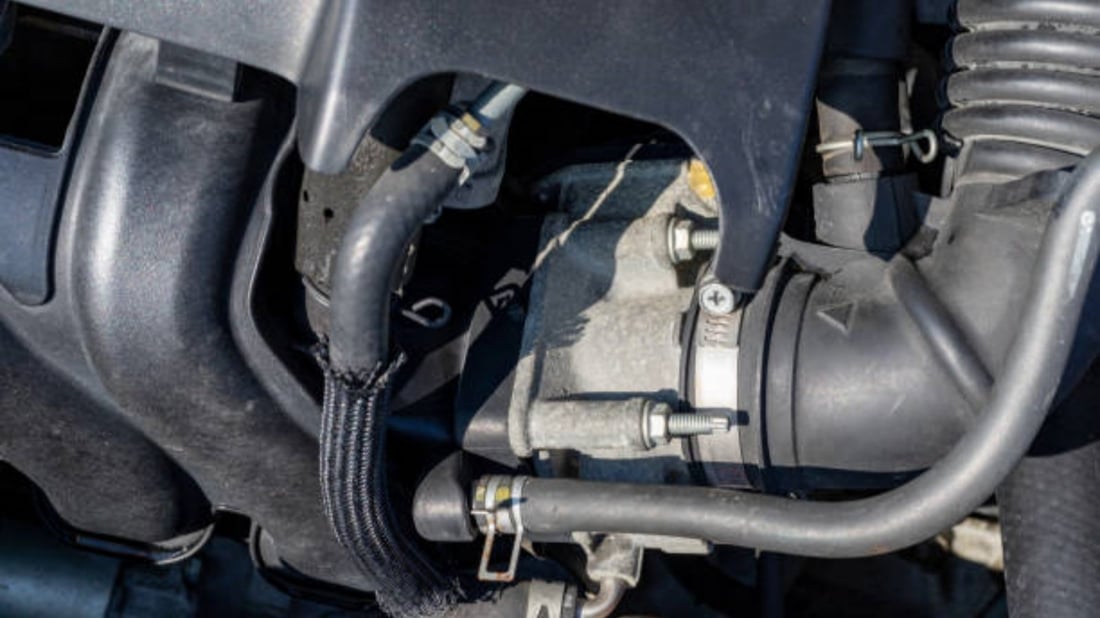Why You Shouldn't Neglect Your return oil filter
As a responsible car owner, it's crucial to understand the importance of regular maintenance to keep your vehicle running smoothly. One often overlooked component that plays a vital role in ensuring the longevity and performance of your engine is the return oil filter. In this article, we will explore the various aspects of return oil filters, their significance, and why you should prioritize their regular maintenance.
1. What is a Return Oil Filter?
A return oil filter, also known as an oil filter cartridge, is an essential component of your vehicle's lubrication system. Its primary function is to remove impurities and contaminants from the engine oil, preventing them from circulating back into the engine.
2. Filtering Contaminants for Optimal Performance
Over time, engine oil can become contaminated with dirt, metal particles, and other debris. These impurities can cause significant damage to engine components if not filtered out. By regularly changing your return oil filter, you ensure that the engine oil remains clean and free from harmful contaminants, allowing it to perform optimally.
3. Extending the Life of Your Engine of a Return Oil Filter
An efficiently functioning return oil filter helps extend the life of your engine by keeping it clean and well-lubricated. Clean oil reduces friction between moving parts, minimizing wear and tear. By regularly replacing the return oil filter, you reduce the risk of engine damage and potentially costly repairs.
4. Improving Fuel Efficiency of a Return Oil Filter
Did you know that a clogged or dirty return oil filter can lead to decreased fuel efficiency? When the filter becomes clogged, it restricts the flow of oil, making the engine work harder than necessary. This increased workload can result in higher fuel consumption. By replacing the return oil filter regularly, you can help improve your vehicle's fuel economy.
5. Enhancing Engine Performance
A clean return oil filter allows the engine oil to flow freely, ensuring all engine components receive the necessary lubrication. Proper lubrication reduces friction, heat, and wear, resulting in enhanced engine performance. Neglecting to change the return oil filter can lead to decreased power, reduced acceleration, and overall poor engine performance.
6. Avoiding Costly Repairs of a Return Oil Filter
Regularly changing your return oil filter is a small investment that can save you from significant repair costs down the line. By preventing contaminants from entering your engine, you minimize the risk of damage to critical components, such as the pistons, cylinders, and crankshaft. The cost of replacing a return oil filter is minimal compared to the potential expenses associated with engine repairs.
7. Maintaining Warranty Coverage of a Return Oil Filter
If your vehicle is still under warranty, failing to adhere to the recommended maintenance schedule, including regular return oil filter changes, could void your warranty. Manufacturers often require proof of proper maintenance to honor warranty claims. By keeping up with filter changes, you ensure that your warranty remains intact and any potential repairs are covered.
8. DIY vs. Professional Replacement
While some car owners may prefer to tackle return oil filter replacement on their own, it is important to weigh the pros and cons. DIY replacement can save money, but it is essential to follow the manufacturer's guidelines and use the correct filter for your vehicle. If you are unsure or uncomfortable with performing this task, it is best to leave it to a professional mechanic.
9. The Ideal Replacement Interval of a Return Oil Filter
The recommended interval for return oil filter replacement varies depending on the vehicle make and model, as well as the type of oil used. It is advisable to consult your vehicle's owner's manual or the manufacturer's recommendations. In general, it is recommended to replace the return oil filter every 3,000 to 5,000 miles or every three to six months.
10. Conclusion
Regularly changing your return oil filter is a simple yet crucial maintenance task that can have a significant impact on your vehicle's performance, longevity, and fuel efficiency. By keeping your engine oil clean and free from contaminants, you ensure optimal lubrication and minimize the risk of costly repairs. Don't neglect this small but essential component – make return oil filter replacement a priority in your vehicle maintenance routine.

